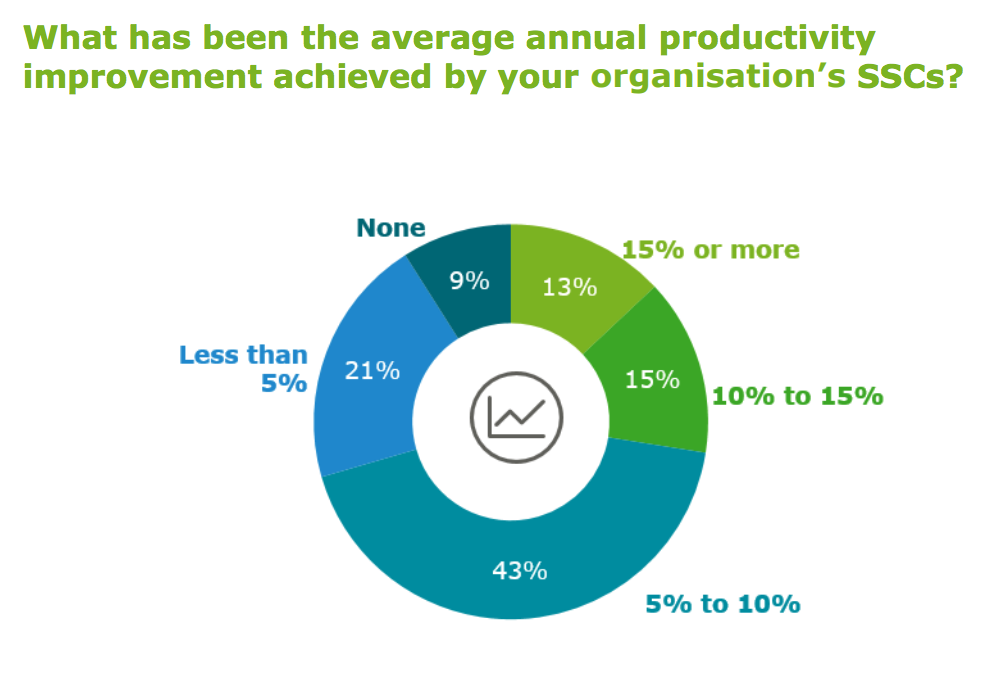Are you currently using the power of outsourcing within your business or marketing efforts? If not, you could be missing out big time. According to a recent survey from Deloitte, 70 per cent of businesses experience a productivity lift of over 5 per cent in their in-house teams thanks to outsourcing SMB processes to “shared service centers.”

When you think about outsourcing SMB processes, you probably think about various micro-tasks and how you might need to teach your service provider new skills step by step. Thanks to the power of the internet, this is no longer required.
However, if you want to master the art of successful outsourcing, you first need to understand why, how, and when it’s properly being used in business.
Why and how to make outsourcing your best option
This really comes down to time vs. money. If you have money to spend, outsourcing SMB processes can save you time, allowing you to maximise your efforts on what you are best at.
Here’s a perfect example. Just think about how many flights there are per day in the United States (roughly 2,000 plus). Now, how many of those flights are full of businesspeople who are going to or coming from meetings? Probably a lot. The key takeaway here is that all of this travel for in-person meetings equates to a lot of wasted time and money.
The same applies to running a business and connecting with remote teams, freelancers and employees around the world, without the added time, hassle, and costs of unnecessary travel.
We are now living a golden age of technology connectivity, and there really isn’t a need for people to travel across the country and almost spend as much time in the air, as they are working and in meetings. A perfect alternative to this would be simply using a task management system like Asana, where teams can collaborate with each other in one platform, while keeping each other updated in real time.
However, the real time coordination aspects of in-person meetings can’t be found through this platform. Another great solution to add into the mix would be ClickMeeting, which makes the process of connecting with others through the power of live video easier than ever. Not only is it cheaper and more efficient, in most cases it’s just as effective as an in-person meet-up or conversation.
You can use ClickMeeting to hold regular huddles with your distributed and outsourced workforce. Platform features like screen sharing, white boards, document sharing, automated conference recordings and calendar syncing can help you make the most of these meetings.
Now let’s apply that same concept to outsourcing SMB processes in general, and we can actually break it down into three categories – what, when and who to outsource content to.
What to outsource
Before you can start outsourcing projects for your business, you need to think about what type of jobs would be best handled by someone else, and those that should be limited to employees within your company or done on your own.
For example, tedious task work like compiling reports, responding to support emails and generic content writing can all be outsourced to freelancers or agencies who specialise in such practices.
When to outsource
As mentioned earlier, outsourcing is all about using your money wisely to either free up time for yourself, or to maximise your time and efforts on what matters. Again, this all comes back to understanding what tasks can be done or automated through another method, versus spending your own time.
If you know that you or your business can generate £200 per hour when focusing on delivering value to clients, it makes perfect sense to avoid working on time-consuming tasks like social media, skimming through emails, and content writing. Your time is much better spent on doing whatever it is to generate that £200 per hour, versus spending it on other tasks that could easily be outsourced.
Where to find outsourced talent
The third and most important step in the process, is to know where and to who, to outsource your work. There are millions of freelancers on the internet today, and some of them are really great – but some of them are also terrible. The process of hiring a virtual assistant from scratch can be a time-consuming and horrible experience as well.
The good news is that there are better options. Thanks to freelance marketplaces like Fiverr, People Per Hour, Freelancer.com and UpWork, individuals and businesses can find freelancers with proven track records, client testimonials and ratings from previous jobs. Another added benefit here is that work can be completed on a timesheet or project basis – which also makes for fewer complications with contracts, bringing employees in house, or dealing with usual growth issues like setting up pensions, health benefits, or even having a physical office location.
Depending on what marketplace you end up using, you will also likely find that your payment method of choice is accepted as well. PayPal and credit cards are used quite often on such platforms, and some of the more advanced sites like UpWork also allow for outsourced time sheets and screenshots to make sure you are actually getting the service and work time that you are paying for.
Outsourcing is key to the growth of your business
If you aren’t currently outsourcing aspects of running your business, you should not have a much better understanding on why it’s so important to the overall growth and success of a business. The hardest part is simply getting started and finding the right people.
To get started, start making notes of how you are spending your time throughout the day. Make note of what tasks are the most important, which are making you the most money, how much time is spent on each, and then take some time to figure out which can be outsourced.
Once you start to realise that you don’t need to be the jack of all trades, you will then improve not only your expertise and valuable time, you will also see your business hit new levels of growth in the process.





